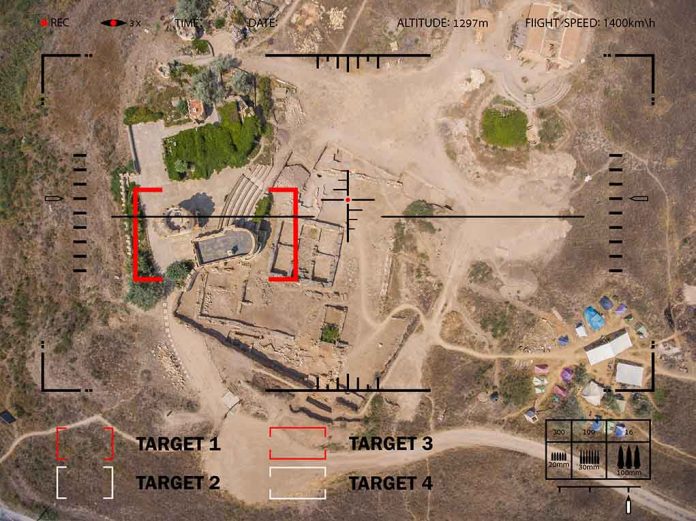
In an audacious move, a Hezbollah drone recently targeted Prime Minister Benjamin Netanyahu’s private residence along Israel’s Mediterranean coast, escalating regional tensions.
At a Glance
- A Hezbollah drone targeted the private home of Israeli Prime Minister Benjamin Netanyahu.
- The attack took place on the Mediterranean Coast.
- Neither Benjamin Netanyahu nor his wife was present at the time of the drone attack.
- The incident was reported by CBS News foreign correspondent Ramy Inocencio from Tel Aviv.
Hezbollah’s Bold Strike
Hezbollah, a Lebanese militant organization, breached Israeli airspace by deploying a drone targeting Prime Minister Benjamin Netanyahu’s private residence. Occurring on a Sunday, the attack intensified the already volatile situation between Israel and Hezbollah. Fortunately, both Netanyahu and his spouse were absent when the drone hit, averting any immediate danger. However, the incident has underscored the volatile state of affairs, further straining an already tense relationship between the two nations.
According to Israel’s government, “a Hezbollah drone targeted Prime Minister Benjamin Netanyahu’s private home on the Mediterranean Coast on Sunday.” This brazen maneuver indicates a new phase of hostilities amidst rising tension at Israeli borders. Hezbollah’s actions reflect a harsher stance, potentially shifting strategies toward more aggressive provocations.
#Iran's @UN mission says #Lebanon's #Hezbollah group was behind a drone attack on the residence of #Israeli PM Benjamin Netanyahu https://t.co/czFMtx8eIw
— Arab News (@arabnews) October 19, 2024
Security Concerns Escalate
The drone intrusion has created widespread concern over security breaches. CBS News correspondent Ramy Inocencio, reporting from Tel Aviv, analyzed the potential ramifications, underscoring how this act could foreshadow further conflict escalation. On-the-ground intelligence analysis identifies this as a pivotal moment, illustrating the deep-seated animosity and the ongoing risk of intensified military engagements in the region.
The incident raises questions about airspace security measures and response protocols. Strengthening border defenses and bolstering aerial surveillance might become necessary to thwart future threats. With tension in the Mediterranean region remaining high, the attack stands as a grim reminder of the precarious peace continuing to challenge Israel’s security apparatus.
Geopolitical Implications
As the geopolitical landscape of the Middle East shifts, the implications of Hezbollah’s attack could have far-reaching consequences. The proximity of the strike to a high-profile Israeli political figure emphasizes the growing menace Hezbollah represents under the current regional instability. It signals a potential shift in Hezbollah’s operational tactics, aiming for high-stakes engagement and creating a strategic ripple effect across international spheres.
Enhancing regional alliances and maintaining global diplomatic discussions could mitigate the risks of further destabilization. The world watches with bated breath as both Israel and Lebanon react to the latest provocations, hoping for a resolution that might prevent further bloodshed and economic turmoil.
Israeli Prime Minister Benjamin Netanyahu accuses Iran-backed group Hezbollah of trying to kill him, after his office said a drone from Lebanon hit the premier's family homehttps://t.co/EG32ZAkFLD
— The Defense Post (@DefensePost) October 21, 2024










